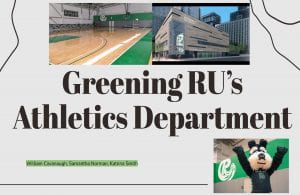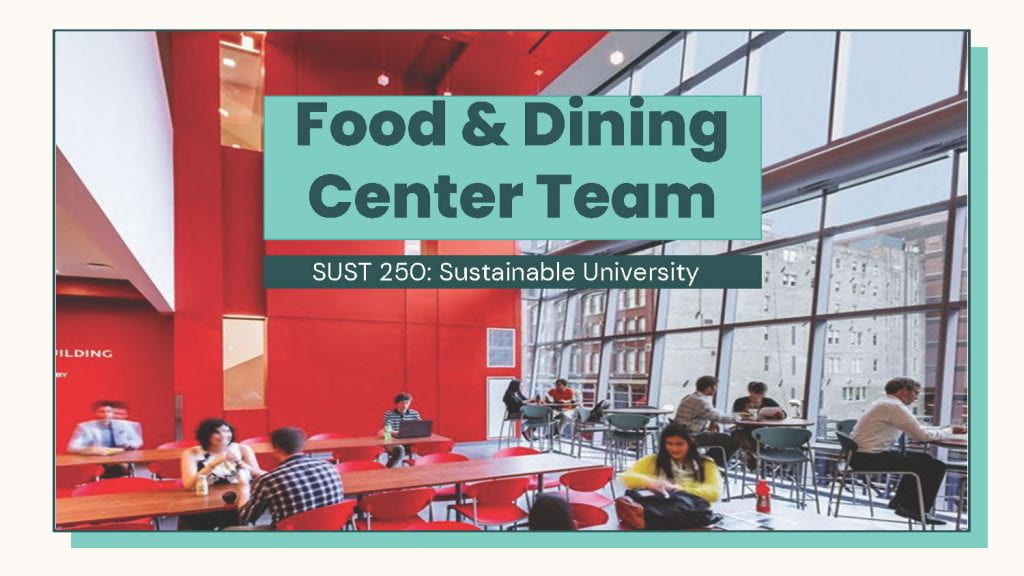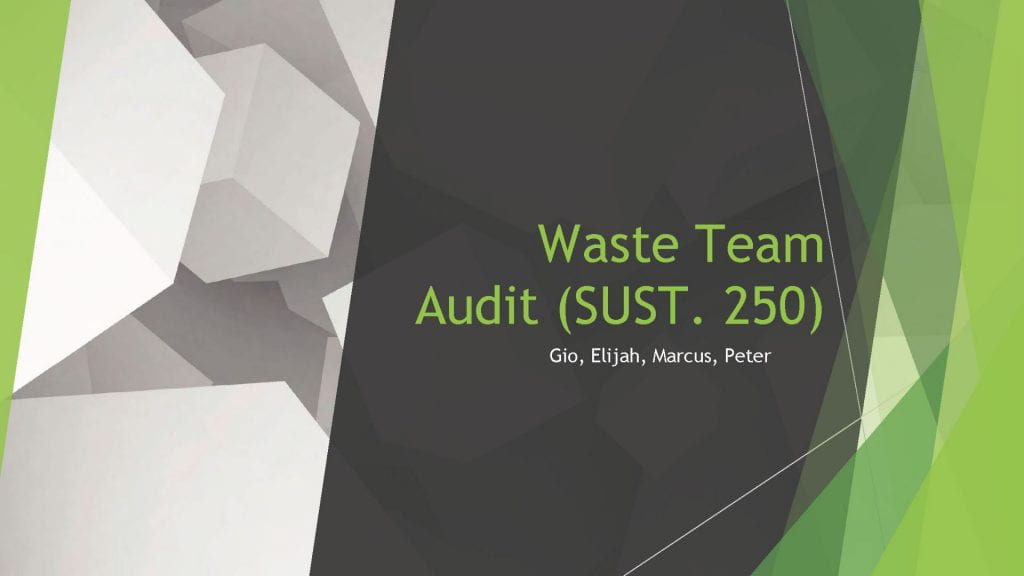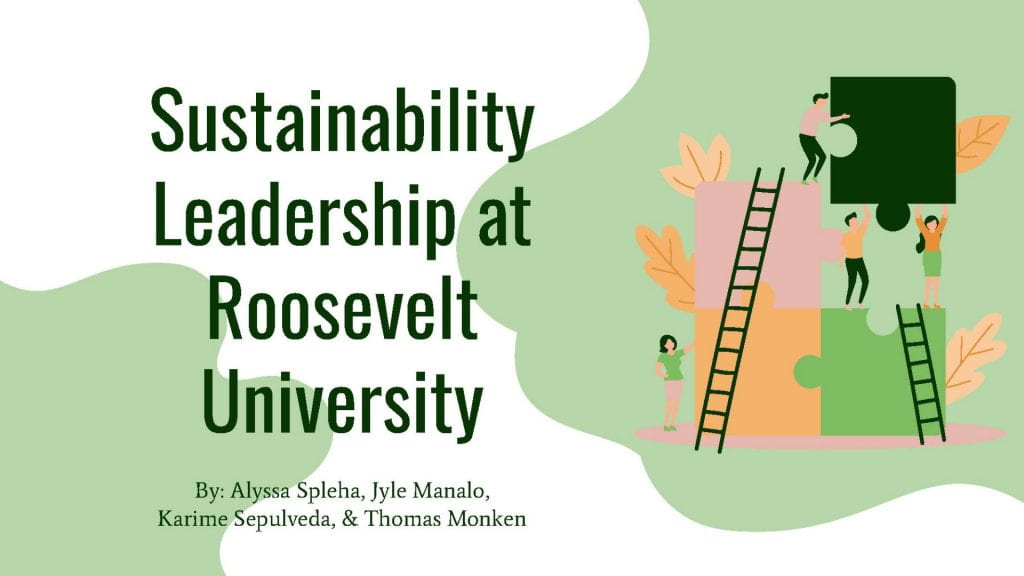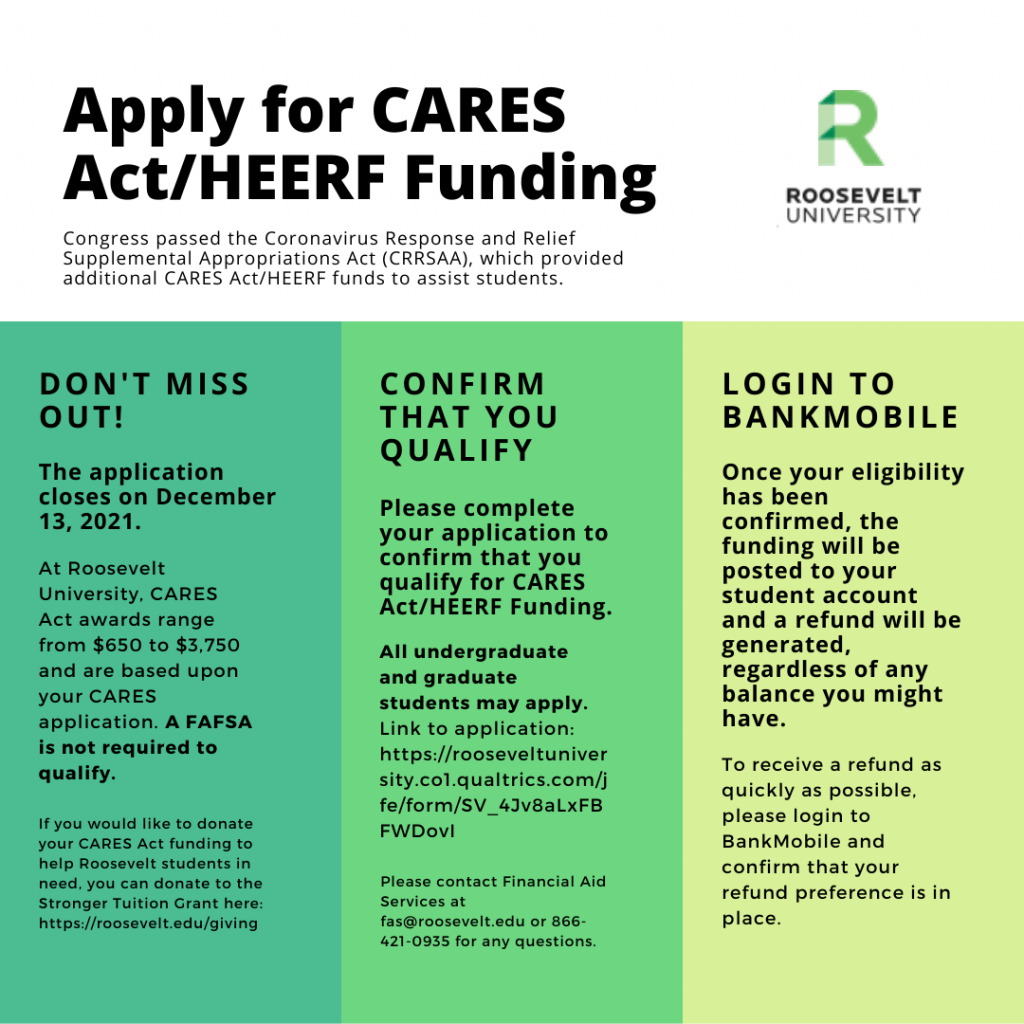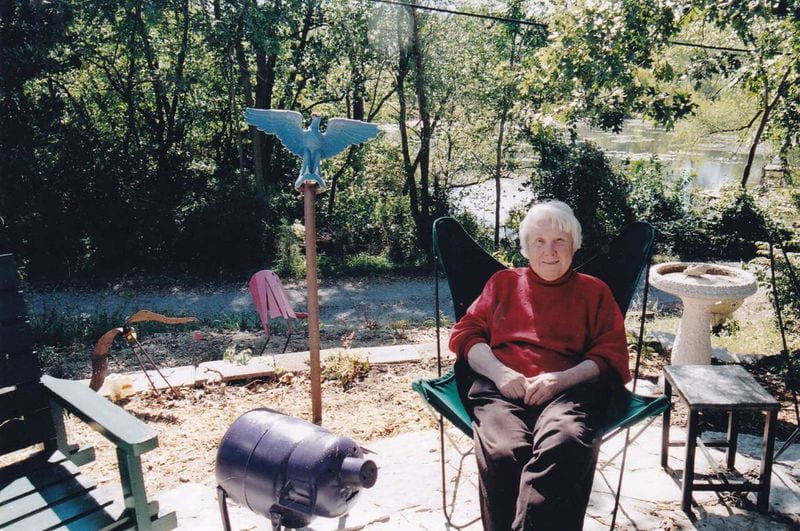In celebration of Earth Week, here is some good news! At the last RU Senate meeting of the 2023-24 academic year on 19 April 2024, the Strategic Sustainability Plan for 2024-29 and accompanying Resolution were endorsed by a unanimous vote of the Senate membership. These documents are now under consideration by the university’s executive leadership.
- Resolution for the University Senate at its 4/19/24 Meeting (pdf)
- Strategic Sustainability Plan for 2024-29 (pdf)
Thanks to everyone in the campus community over the past two years who participated in workshops, completed surveys, attended events and presentations, provided feedback in writing or at meetings, and otherwise supported and encouraged this effort — especially the students who worked on the Sustainability Strategic Planning Team that began as a group EXL project in SUST 350 Service & Sustainability last Fall 2022 semester. Your contributions and continued support are greatly appreciated!
Text of the Sustainability Resolution
Whereas sustainability is a defining issue in our age of climate change, biodiversity loss, toxic pollution, resource inequity, political instability, and environmental injustice;
Whereas colleges and universities play a critical role in advancing knowledge, developing solutions, educating citizens, and demonstrating leadership for a more just and sustainable world;
Whereas the three pillars of sustainability — ecology, economy, and equity — are congruent with Roosevelt’s historic mission of advancing social justice;
Whereas in 2010, Roosevelt committed to greening its campus operations, launched new academic programs, developed university-community partnerships, and assumed leadership among local higher ed institutions in its efforts to advance sustainable development on campus and within the Chicago region;
Whereas in 2015, Roosevelt adopted its first Strategic Sustainability Plan for 2015-20, with the full endorsement of the Senate, the President’s Executive Council, and the Board of Trustees;
Whereas in 2020 said Plan expired, necessitating the development of a new Plan with input from the entire RU community that takes stock of our progress, identifies areas of improvement, and prioritizes actions to create a culture of sustainability and environmental stewardship across every facet of our operations;
Whereas the work we do transforming our University into a truly sustainable institution will reduce our ecological footprint, strengthen our financial resilience, raise our academic reputation, attract and retain more students, improve our working and learning environments, and inspire alumni and potential donors;
Therefore, be it Resolved that the University Senate endorse Roosevelt’s new Strategic Sustainability Plan for 2024-29 and forward its recommendations to our Executive Leadership.
Passed unanimously the RU Senate on 19 Apr 2024
Useful Resources for Campus Sustainability Planning
- United Nations Sustainable Development Goals (SDGs) and AASHE’s Sustainability Tracking, Assessment, & Rating System (STARS)
- A Short History of Sustainability @RU from one prof’s perspective (pdf)
- The O.G. RU Strategic Sustainability Plan 2015-20 (pdf)
- AASHE, “Beyond the Right Thing to Do: The Value of Sustainability in Higher Education” (pdf)


